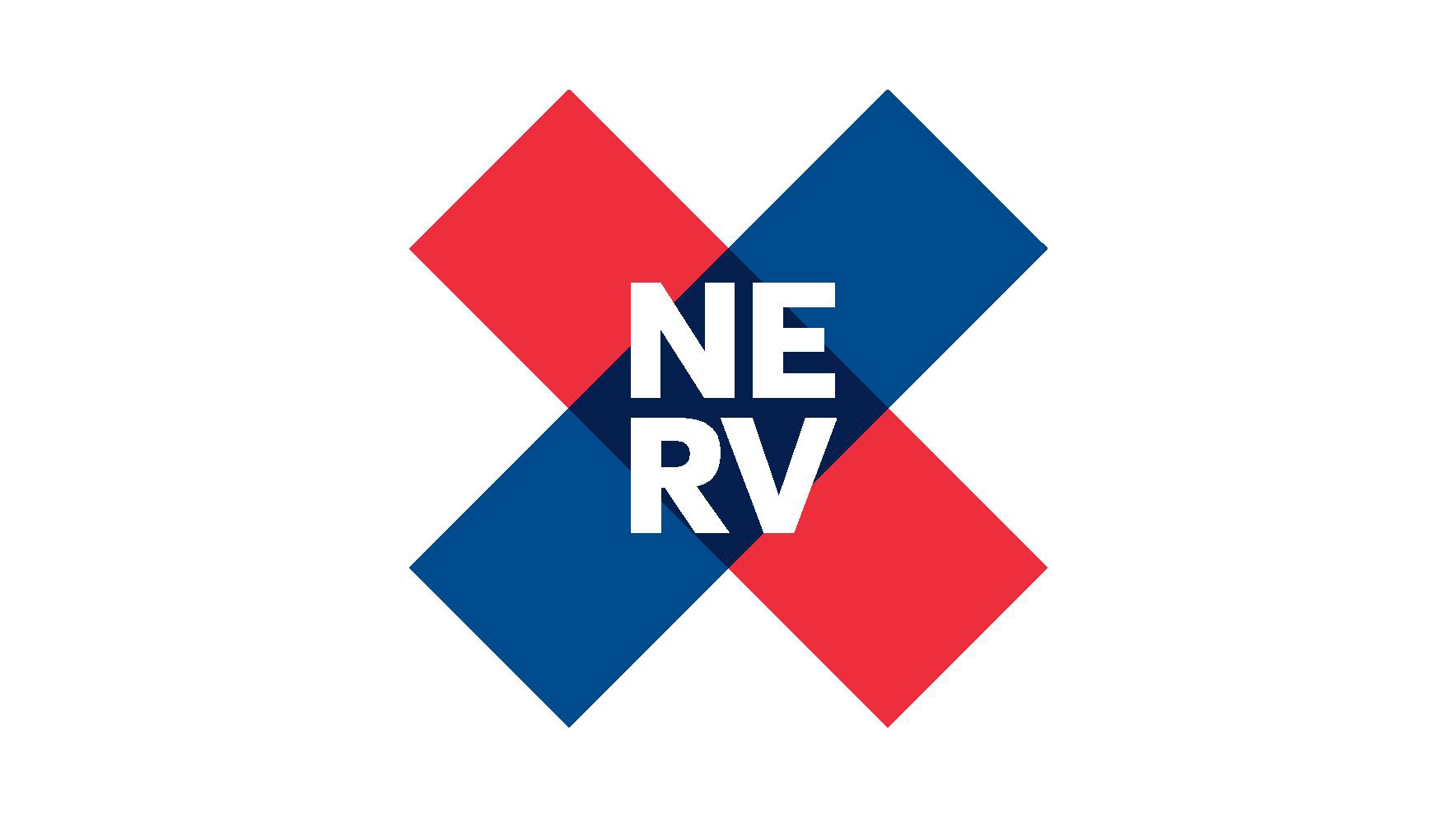This is because a functional ecosystem of tech companies clearly increases the influx of private investment into the economy. It helps create successful companies, a huge number of new jobs, and a labour force with high added value. And, in the end, this of course increases government revenues.
Our proposal is to create an environment making it easier to finance young companies with venture capital plus gradually improve other factors – for example broadening the mandate of the Czech-Moravian Guarantee and Development Bank in the area of investment or a system of R&D incentives for universities. More sophisticated financing of companies in the initial phase of their growth is a very effective intervention. This can be achieved as follows: First, the creation of a “superfund” that will be created for the purpose of state investment in new projects together with VC funds managed by reputable foreign investors. Through this fund, the state would co-invest in Czech startups along with private VC investors. Another area is support for the creation of funds for universities to better integrate them with the private sector.
We needn’t go far abroad for inspiration: small and medium-sized enterprises in neighbouring Poland are expected to receive injections of up to 5 billion euros, while Estonia, a pioneer in the digitization of public administration, is ready to invest up to 838 million euros (see, for example, Skeleton Technologies – a leading European manufacturer of efficient energy storage technology). Another good example is Israel, where the country’s geopolitical development has significantly contributed to a massive technological boom over the past 20 years. One example is the Yozma Group, which has invested up to $100 million.
Together with Minister of Industry and Trade Karel Havlíček and a team of experts from his ministry, we are currently developing a similar plan within the scope of NERV that builds on best practices from foreign models and has the potential to work within the context of the Czech Republic. It could be implemented in the foreseeable future. It would be good if it were to lead to a unique model in which the pluses of the state and funds are stratified – the state will help provide financial support, while the funds will provide the necessary investment skills and flexibility in finding projects.
JAKUB HAVRLANT, member of the government’s National Economic Council (NERV)
(New Economy/Technology/Digitization)
The column was published at MF Dnes and iDnes.cz Premium, 1st August 2020.



